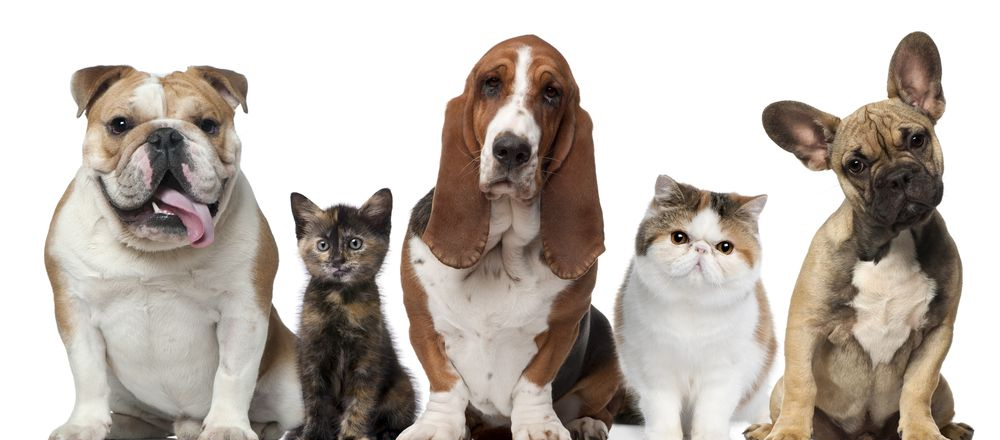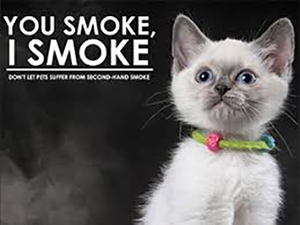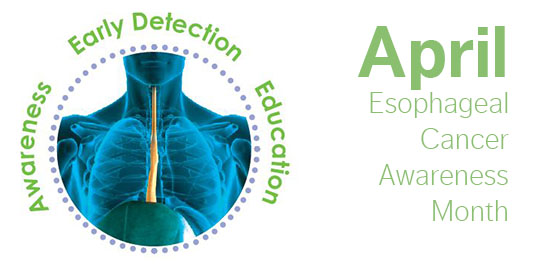Smoking Dangers for Your Four-Legged Friends
November 18, 2018By: Kim Shopper
Categories: Cancer, Live Healthy

The Great American Smokeout occurs each November with tips on how to kick the habit. But, did you know smoking can impact your pet’s health? When you light up next to Fido you expose your beloved pet to a potentially harmful environment. Nicotine, tar and carbon monoxide are just some of the cancer-causing substances found in second-hand cigarette smoke. Since animals rarely leave the house, the intensity and duration of their exposure is even longer than for humans.
Breathing the Same Air
People, cats and dogs metabolize inhaled nicotine in similar ways. Cotinine (a biomarker used to indicate nicotine exposure), can be found in the urine of dogs and cats exposed to secondhand smoke. As a result, small dogs that spend significant time with their owners can have cotinine levels equivalent to a smoker. Nicotine can also be detected on a pet’s fur. The animal receives additional exposure from licking his or her fur and ingesting the nicotine on the hair. Since pets live lower to the ground, they have contact with smoke residue that has adhered to carpets, upholstery and bedding.
Dogs and Owners Suffer
 Smoking also affects our feline friends. Smoking appears to put a cat at increased risk for lymphoma, the most common tumor in cats. Oral cancer, a cancer in humans caused by tobacco use, is also linked to an increased risk in cats.
Smoking also affects our feline friends. Smoking appears to put a cat at increased risk for lymphoma, the most common tumor in cats. Oral cancer, a cancer in humans caused by tobacco use, is also linked to an increased risk in cats.
Oral tumor biopsies from cats with greater than five years of exposure to environmental smoke show a cancerous gene mutation.
Protect All Pets From the Puff
Give your pets a healthy chance at life by putting down your cigarettes. If you don’t quit smoking for your own health, do it for the health of your pet.
Where to Start
The good news is when you stop smoking, the damage from cigarettes lessons with time. There’s help for quitting.
- Sign up for a smoking cessation class through the American Lung Association
- Steam clean your carpets, curtains and upholstery to remove accumulated smoke from your home
- Bathe your pet to remove any residue from the animal’s fur
- Smoke outdoors away from your pet to prevent the re-accumulation of smoke on your pet and in your home
- Don’t smoke while cuddling your pet in your lap or while driving with your pet in the car
Information adapted from Vetstreet



